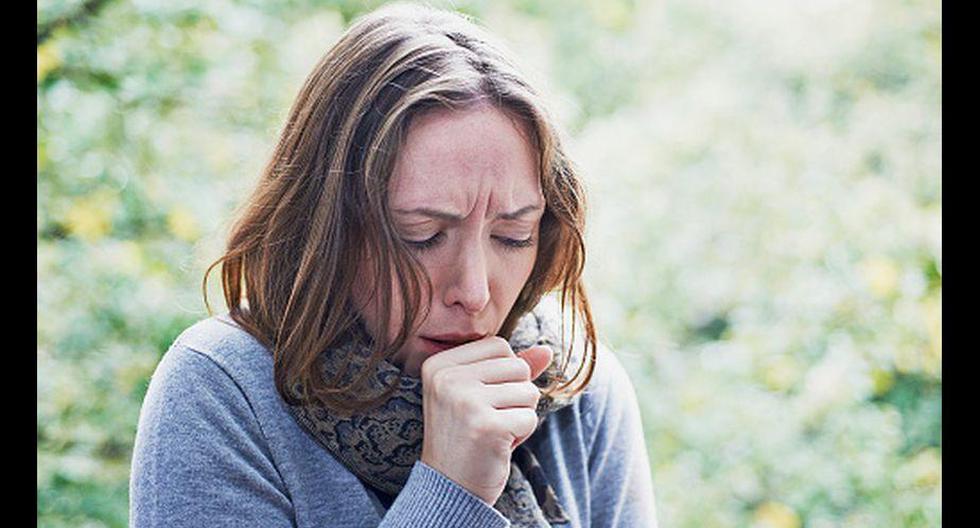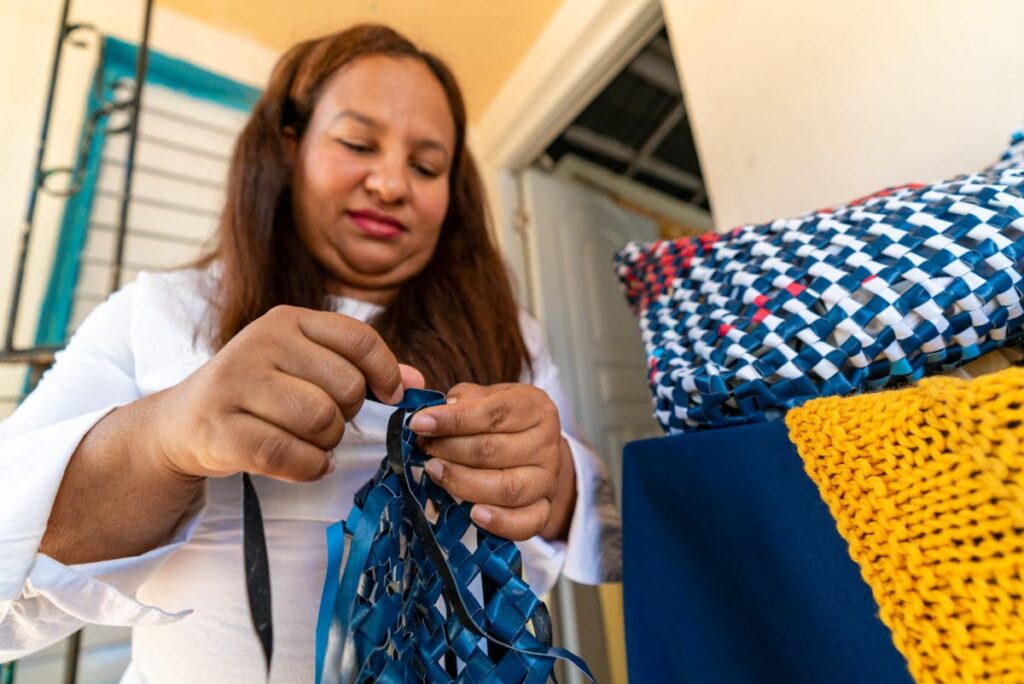With the reduction in COVID-19 cases, prevention measures are being relaxed and we are trying to get back to the old normal. Among the measures given are the expansion of the capacity and the elimination of the use of masks in open spaces, but although there is not a high risk of catching the coronavirus, there is of contracting influenza or flu.
MORE INFORMATION: What is the difference between Influenza, flu and coronavirus?
Measures such as the use of a mask, hand washing and social distance, not only helped prevent the pandemic virus, but also other diseases, such as influenza, which is one of the viruses that has had a considerable epidemiological impact for some years.
As temperatures continue to drop, the risk of contracting this viral infection increases. Do you know how you can prevent it?
WHAT IS INFLUENZA?
The flu is a contagious respiratory illness caused by influenza viruses that infect the nose, throat, and lungs. Some people such as the elderly, young children, and people with certain conditions, are at higher risk for serious complications from the flu. There are two types of influenza viruses: A and B, they are generally spread between people and cause epidemics of seasonal influenza every year. Its symptoms and mode of contagion, by droplets, are similar to those of COVID-19, which is why sanitary measures helped reduce flu cases in the world.
WHAT ARE THE SYMPTOMS OF THE FLU?
Influenza symptoms include:
- Fever.
- Cough.
- Throat pain.
- Runny or stuffy nose.
- Body aches.
- Headache.
- Chills and fatigue.
- Vomiting and diarrhea (in some cases).
WHAT RECOMMENDATIONS TO TAKE INTO ACCOUNT AGAINST INFLUENZA?
Infectologist Luis Pampa, a doctor at the National Institute of Health (INS), told the Andean agency that there are three important measures to prevent and contain the flu:
- Prevention and containment measures at home.
- Self-care measures for the person with symptoms.
- Placement of the vaccine (they raise immunity).
WHY IS IT IMPORTANT TO GET VACCINATED AGAINST THE INFLUENZA?
The president of the Peruvian Society of Pulmonology (SPN), Alfredo Guerrerosmentioned:
- Annual influenza vaccination decreases the risk of contracting the disease
- In the case of the almost 1.4 million people living in Peru with diabetes, it can reduce mortality by 25%.
- It reduces by up to 79% the risk of hospitalization and the possibility of developing macrovascular events such as acute myocardial infarction, cerebrovascular accidents and exacerbation of heart failure, associated with influenza.
WHAT MEASURES CAN BE TAKEN TO AVOID GETTING THE FLU?
take the following precautionary measures to prevent the spread of influenza, according to the Centers for Disease Control and Prevention (CDC) of the United States:
- Avoid close contact with people who are sick.
- If you are sick, limit contact with other people as much as possible to avoid spreading the infection to them.
- Cover your mouth when you cough or sneeze.
- Cover your nose and mouth with a (disposable) tissue when you cough or sneeze. Throw the tissue in the trash after you use it.
- Handwashing frequently with soap and water. If there is no soap and water, use liquid or gel alcohol.
- Avoid touching your eyes, nose, and mouth. Germs spread this way.
- Clean and disinfect surfaces and objects that may be contaminated with the viruses that cause influenza.
- Pregnant people and people who gave birth less than 2 weeks ago.
WHAT GROUPS ARE MOST VULNERABLE TO THE INFLUENZA IN PERU?
The president of the Peruvian Society of Pulmonology (SPN)Alfredo Guerreros, told the Andean agency that in Peru, in recent years it was possible to detect that patients with diabetes are a risk group for the flu. And is that about 30% of adults hospitalized with influenza had diabetes. In that sense, he recommended increasing general vaccination against this infection. He stressed that in this group, the risk increases with age.
Older adults are the most prone to complications such as pneumonia, bronchitis, worsening of the disease and serious cardiovascular conditions, which can lead to hospitalizations and even death.
WHAT FACTORS CAN COMPLICATE A FLU?
I agree with you Centers for Disease Control and Prevention (CDC) of the United States these are the Health and age factors that may increase the risk of serious complications from the flu:
- Adults 65 years of age or older.
- Children under 2 years old.
- Asthma.
- Neurological or neurodevelopmental conditions.
- Blood disorders (such as sickle cell anemia).
- Chronic lung diseases (such as chronic obstructive pulmonary disease [COPD] and cystic fibrosis).
- Endocrine disorders (such as Mellitus diabetes).
- Heart diseases (such as congenital heart disease, congestive heart failure, and coronary artery disease).
- Kidney diseases.
- Liver diseases.
- Metabolic disorders (such as inborn metabolic disorders and mitochondrial disorders).
- People who are obese, with a body mass index of 40 or more.
- People under 19 years of age who take long-term medications that contain aspirin or salicylate.
- People with weakened immune systems due to disease (such as people with HIV or AIDS or cancer such as leukemia) or medications (such as those receiving chemotherapy or radiological treatments for cancer, or people with chronic conditions that require corticosteroids or other medications that compromise the immune system).
- People who have had a stroke.


















